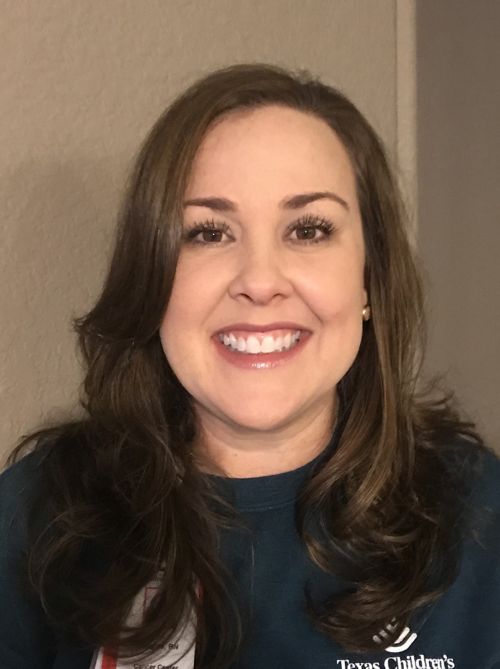Survivorship Care Teams Can Help Find Mental Health Resources

Survivorship care teams focus on the needs of childhood cancer survivors.
The survivorship care team at your pediatric treatment center is one of the places that might be able to help you find the resources you need for good health, including mental health.
As a childhood cancer survivor, survivorship care should be a part of your health care. Your cancer experience has an impact on your physical and emotional health for years after treatment has ended. Survivor-focused care can help you stay healthy and manage the long-term effects of cancer treatment.
If you have a local survivorship program, they can be a valuable resource to help connect you with the care you need. Survivorship care team members vary depending on the center. They may include pediatric oncologists (cancer doctors), nurse practitioners or physician assistants, nurses, psychologists, social workers, fertility specialists, dietitians, and genetic counselors.
The care they provide includes:

Lori Douglas, RN, CPHON
The survivorship care team is made up of experts in caring for the specific needs of cancer survivors, says Lori Douglas, BSN, RN, CPHON, clinical nurse coordinator of the Long-Term Survivor Program at Texas Children’s Hospital. Staying connected to the team is important for your health. You can bring up any mental or physical concerns you have. Your survivorship care team knows your treatment history and understands the challenges you may face.
“So if you have concerns, we have concerns,” Douglas says. “We're here to keep you connected with the right people to support your care after treatment. Sometimes we can quickly answer a question. Sometimes you might need to come in for a visit. Sometimes we may need to connect you to a specialist. We're always a phone call away.”
Sometimes survivors are hesitant to bring up mental health, but it is important to do that, says Joy Griggsby, LCSW-S, social worker for the Long-Term Survivor Program at Texas Children’s Hospital.
“Survivors say they feel guilty telling someone they're sad or anxious because they feel like they have so much to be grateful for,” Griggsby says. “They tell themselves that their situation is not as bad as what their friend went through or what other kids in the clinic went through. My work is to help them understand that you can be grateful on one hand, but you can also be sad, angry, or scared. One does not have to exclude the other.”
Many resources are available to help you with health concerns, including mental health.
The American Cancer Society has the Cancer Survivors Network® to connect cancer survivors online. There is one for childhood cancer.
CancerBuddy is a free smartphone app that connects survivors, patients, and caregivers to peers who have also faced cancer.
Cancer Care provides free emotional and practical support for people affected by cancer. Services include counseling, support groups, and workshops.
Psychology Today has a free tool called Find a Therapist to help you locate a therapist in your area. You can search based on your specific needs. Search results include a photo and short bio of each care provider.
The American Cancer Society offers a 24-hour, 7-day-a-week information phone line at 1-800-227-2345. Cancer information specialists can share contact information for resources and other information. The service is available in more than 200 languages (via a language line).
If you have private insurance, check if your company has case management services. You can be assigned a case manager who can help you coordinate care.
If you pay for services yourself and cannot afford something, reach out to your survivorship care team. They may know of less expensive alternatives.
Triage Cancer has a one-on-one service to help you with questions about health insurance and finances.
As a childhood cancer survivor, it is important to take steps to manage your health. It is never too late to reach out for survivorship care.
The following is a guide on how to contact your survivorship care team, even if it has been years since you had treatment.
Work with a primary care doctor and share as much information as you can about your treatment history and survivorship care guidelines. If you do not have a primary care provider, reach out to a trusted medical professional you know. It could be a neighbor or someone you know from your house of worship or another community organization.
Share these resources with your provider:
As a childhood cancer survivor, you can take charge of your health care. Survivorship care is important for monitoring long-term effects, getting resources, and promoting good health.